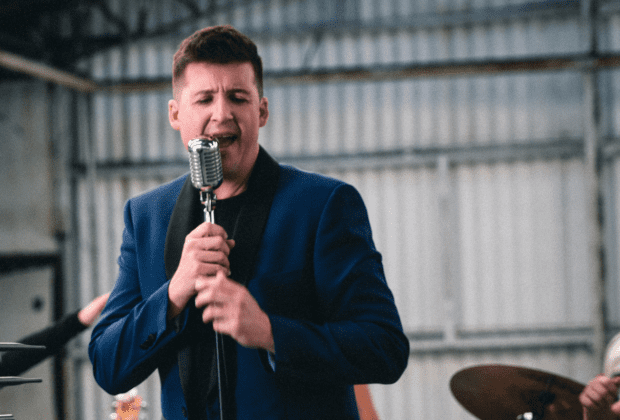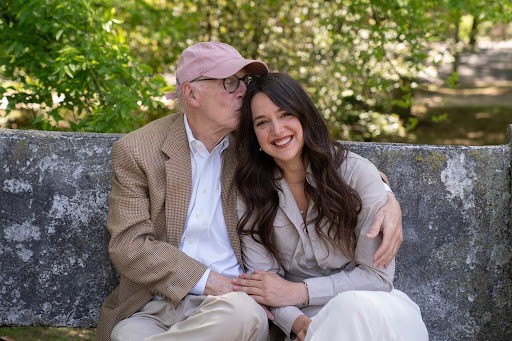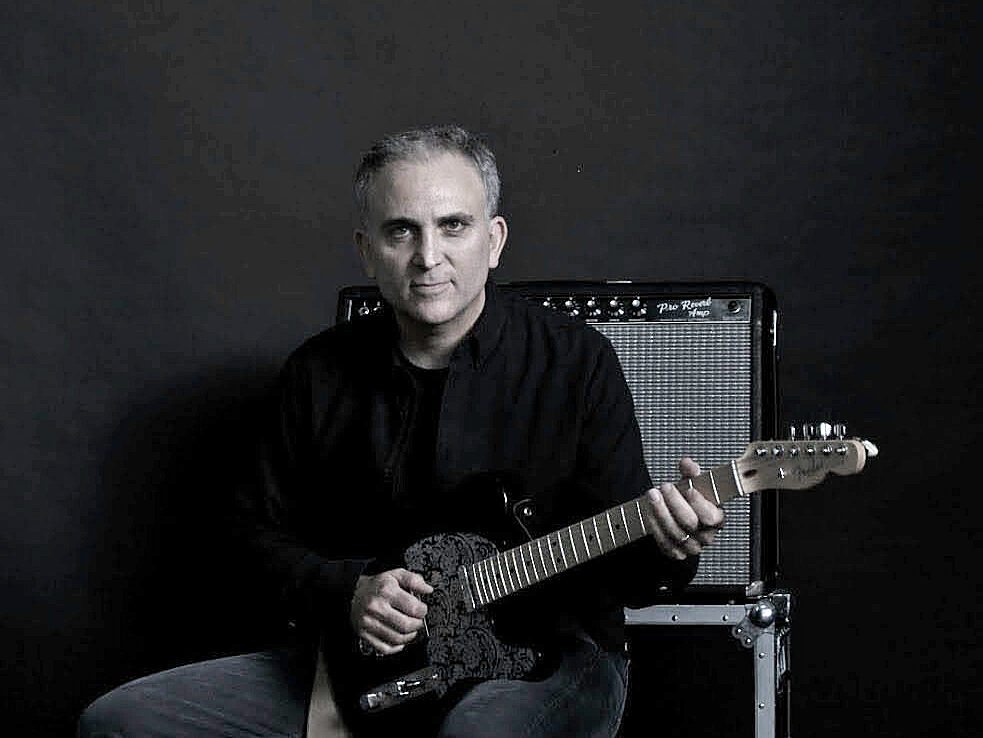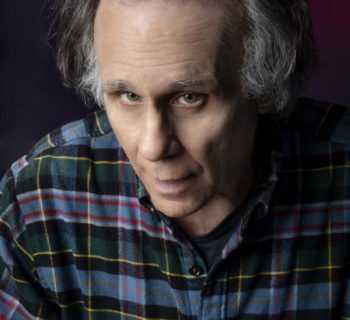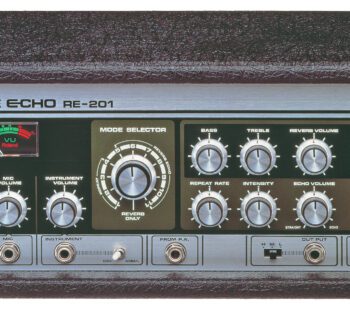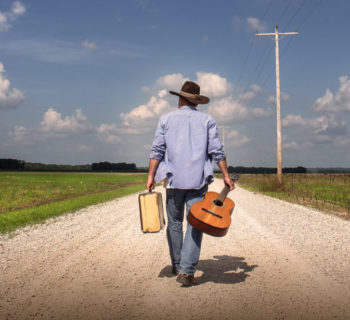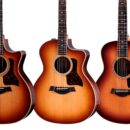When I set out to record Worried Minds, my debut album, I had no idea what I was doing.
I knew I wanted to make an old-school retro album, just like my idols did in the ‘70s, but I didn’t know what that meant... or even how I would know if I’d been successful when it was over. The project would eventually span 10 years, and be completed during the worldwide COVID pandemic... But we’ll get to that.
Hire the right people, with the right experience, for the job.
In 2013, I wrote an email to Louie Shelton, who had moved to the Gold Coast (Australia) from Los Angeles (U.S.A.) in the ‘80s and brought with him decades of music-making. He had produced records for artists like Seals & Croft, and played guitar on world famous records by Jackson 5, The Monkees, Lionel Ritchie and many, many more.
Louie emailed back “Your songs have potential. Let’s pick the best ones.”
We selected two local musicians to fill out the band and cut 10 songs in about three days at the Recording Oasis Studio on the Gold Coast, one of the top studios in the area at the time.
If you want your album to feel retro, approach the recording process as they did from the time period you’re aiming for.
Louie ran the three days like a Motown session, based on his time with the Wrecking Crew and other artists in the ‘60s & ‘70s. Before we hit record, we sat in a circle looking over a simple chord chart and listening to my acoustic demo as Louie gave us pencil notes for arrangement direction. I played everyone a reference track to guide creativity, but otherwise, after this quick meeting, the band stepped into the studio and started finding a vibe. There was a brilliant simplicity to it and the music instantly felt good.
Don’t over-rehearse. Cut the track live
with the band.
In the studio, we had drums, bass, guitar and some simple piano. After only a short time jamming, Louie would lift his head from his guitar to look to me and the band and say “Should we try one?” We would then play the song a few times until we got a full live take. There was no other discussion or rehearsal, just these three days repeating this process.
The most astonishing moment for me came next, as everyone would head to the control room to listen to a take Louie would remain. He said, “I’m just gonna’ add another guitar to this, okay.” His southern drawl sounded as authentic as the guitar he was laying down. We listened from the control room as he recorded another one, two, three guitar parts, building the arrangement in real time. All live, without listening back to the other before trying the next.
Later, Louie said, “I isolate the parts in my head, thinking of which guitar player I’m being during each take. Some sessions from the old days had three guitar players in the one room playing different parts of the fuller arrangement, recording at the same time.” This was the same effect, but just one man playing three times.
Understand the nuances of recording sessions from the past and bring them to the present.
Looking back, it was only then, talking to Louie, did I start to understand what I’d been searching for: I wasn’t trying to capture an authentic retro sound sonically, but rather replicate and understand the recording sessions of another era. It was about capturing “moments.” Musicians playing with clarity and incredible style, making additions to the overall arrangement in a concise and surprising way, in the moment.
Allow yourself to be challenged, and grow through the process
From 2013 to 2019, this album was forgotten about. As an Independent artist, I had to move on to other work. After playing with the band during those original sessions, I knew how good a musician needed to be to excel in the studio. So, I put in hours upon hours of study. Re-learning songs from the rock ‘n’ roll songbook. Singing along to records I loved. And after so many shows all over the world at cabaret festivals, on cruise ships, and at corporate events or parties, eventually I started to develop a vocal sound that felt right for the album.
By 2020, the world had stopped and the COVID pandemic was upon us. For many, this was a time of reflection. A time for clarifying choices and goals. I remembered the album still sitting on the shelf. The album that was all about “feeling good.” It was time to finish it.
I connected with engineer and a longtime collaborator, Stefan Du Randt (Mac Miller, Katy Perry, Elton John), who brought in Jack Garzonio (Coldplay, INXS, Black Eyed Peas), both of whom had worked out of the historic Studios 301 in Sydney, Australia.
Between 2020 and 2021, I drove from Brisbane to Sydney during the various lockdowns to record live strings, horns and session vocals. We re-recorded drums at Nick Didia’s Studio in Byron Bay (Bruce Springsteen, Foo Fighters, Powderfinger) to get a bigger sound, and sprinkled in a few more legends; Nathan East on bass (Fourplay, Daft Punk, Eric Clapton and more), James Morrison on trumpet (Australian jazz r oyalty) and Andrew Oh on saxophones/flute.
Know when to stop. If the first take feels good, there’s no need for another.
Looking back, I can see I could not have finished this record any earlier. I grew as an artist making it, through collaboration and learning on the job. From the first time I was in the studio with Louie in 2013 to recording my final vocals at Studios 301 in June 2021, I was a different artist. I was able to feel first-hand the skill and energy it took to record like my idols, and all that was left was for me to do the same.
On the last day of recording, I was sitting in a big empty studio over-dubbing some grand piano for the song “So Glad.” The engineer said, “I’m rolling, just play along. No pressure.” Suddenly something came over me. I started jamming out an Aretha Franklin, Muscle Shoals type piano part. I was improvising in the moment and there was a magic to it.
My headphones actually came off during the take, I was bopping around so much, but I just kept playing. I couldn’t stop. I knew I had finally hooked into that old-school feeling I had been searching for, and I didn’t want the take to end. But the track finished, and the album was done. I’d made an old-school record for the modern times. Now I just had to learn how to sell it.
BRADLEY MCCAW: Hailing from Australia, soulful pop singer-songwriter Bradley McCaw is a quadruple threat, conquering music, theater, performance and composition. Conjuring all of his talents into one, McCaw released his debut full-length album, Worried Minds. Drawing from the feel-good energy of ‘70s music and the longing for new beginnings, Worried Minds showcases an old-school sound with a modern motif. bradleymccawofficial.com; management@bradleymccawofficial.com

